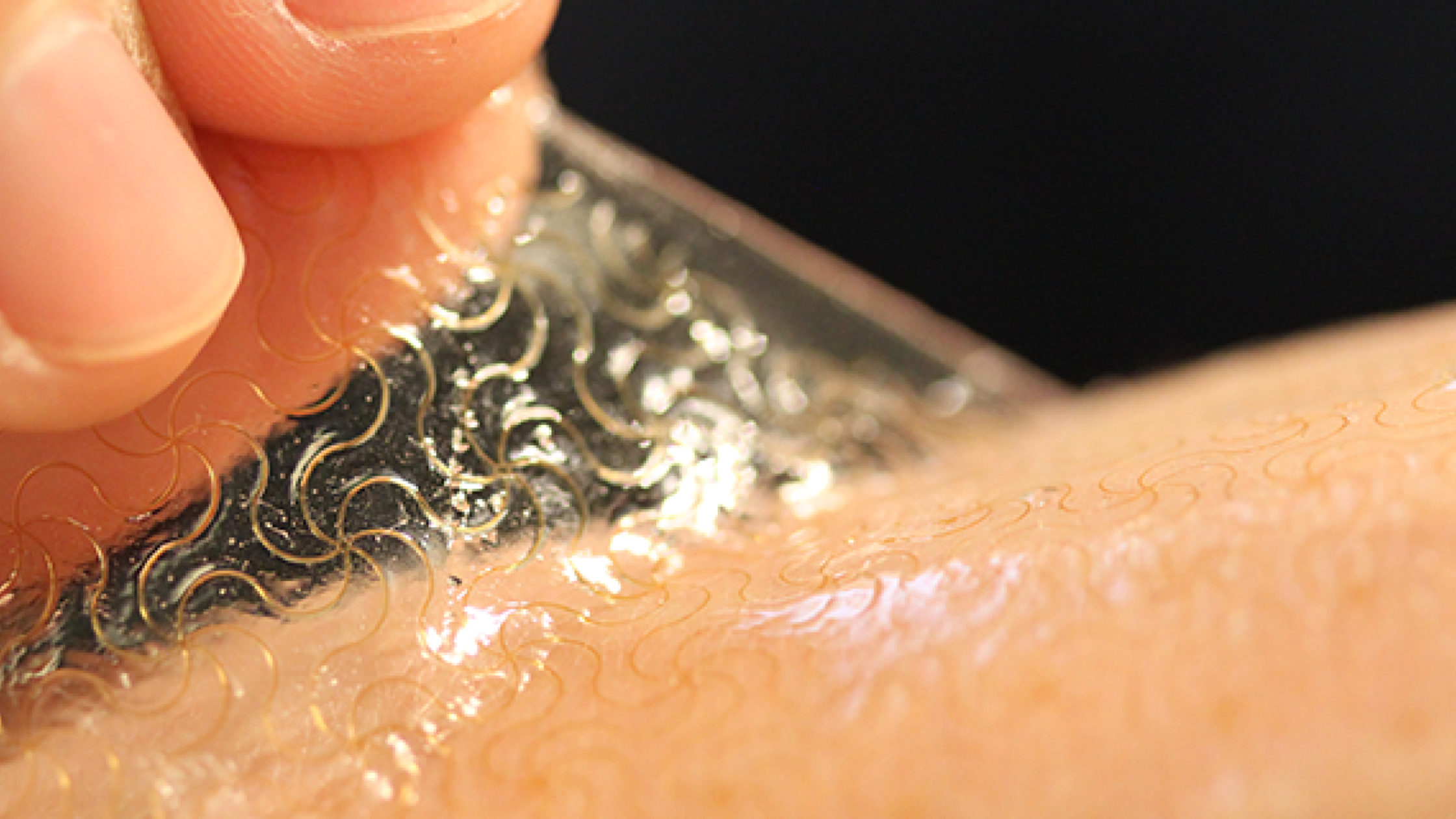Call for Papers: Open Biomaterials Research
**THIS CALL FOR PAPERS IS NOW CLOSED FOR SUBMISSIONS**
We are excited to share a call for papers for research across all areas of biomaterials.
Together with our Guest Editors, we are providing an innovative home for interdisciplinary work in biomaterials with the goal to enhance collaboration between the biomedical and materials science research communities. We invite submissions on research about the design and fabrication of biomaterials as well as applications of biomaterials in biomedicine that promote the principles of Open Science. All submissions will be handled by our Editorial Board with input from the Guest Editors.
Articles must be submitted by 15 November and accepted submissions will be published in a Biomaterials Special Collection in May 2019 that will showcase a breadth of biomaterials research.
Guest Editors
Aldo R. Boccaccini
(University of Erlangen-Nuremberg, Germany)
Kimberly Hamad-Schifferli
(University of Massachusetts Boston, USA)
Michael McAlpine
(University of Minnesota, USA)
Jie Song
(University of Massachusetts Medical School, USA)
Special Collection “Open Biomaterials Research”: Scope
We welcome submissions in all aspects of biomaterials, to reflect the breadth of the field, but in particular encourage work in:
- Biomaterials design and manufacturing, including self-assembly
- Functional biomaterials, for example environmentally responsive biomaterials and biomaterials for implants
- Tissue engineering
- Biological uses of nanomaterials
- Hydrogels for biomedical applications
- 3D printing of biologics, nanoscale materials and biomaterials
- Therapeutics and diagnostics, including drug delivery and sensing
Within these topics, our Guest Editors have particular interest in submissions on:
- New open source tools, recipes, and protocols in biomaterials
- Valuable replications of previous studies, null and negative results in biomaterials
Commitment to scientific rigor and reproducibility
Submissions to PLOS ONE are assessed for scientific rigor rather than perceived impact. To support reproducibility of research, we require that all data underlying the main results is made openly available upon publication. In this Collection, we will explore with the biomaterials community how to make biomaterials results more repeatable and reporting more transparent beyond our general guidelines, in particular through publication of protocols and recipes.
We encourage you to follow the Open Science guidelines outlined below, alongside our general publication criteria and submission guidelines for specific study types, when preparing your manuscript to make the submission process as efficient as possible.
For experimental contributions:
- Please include step-by-step protocols and recipes, including all practices and tricks that ensure the success of an experiment, either in a designated section within the methods or posted as a separate protocol, for example on protocols.io. Using procedural diagrams and photographs for visualization can greatly help other researchers in following experimental protocols.
- When natural materials are chemically functionalized, it is important that full characterization is reported and justification for the choice of characterization method is given. Also, the degree of functionalization should be quantitatively reported whenever possible.
- When reporting chemical syntheses, please state how often the synthesis was attempted, which attempts were included in the analysis, what the average and mean yields were, and which precise chemicals were used.
- For in-vivo studies, please include a discussion of the potential causes for outliers and report how often the experiment was attempted, how outliers were removed, and which statistical tests were performed. Further guidelines on in-vivo studies, including ethics and reproducibility, can be found in our general guidelines.
- In cases of fabrication techniques like hydrogel formation, additive manufacturing etc. please report precisely what parameters, instruments, source files or CAD files are necessary to obtain and process the material.
For computational contributions:
- If hand-written code is central to the conclusions, the code should be made open source, and ideally put on a repository like Gitlab, Github or Bitbucket.
- If an off-the-shelf program package was used, the exact version must be named and the input files should be provided.
If the submission uses methods or research practices not covered above, please try to apply the spirit of the above guidelines to your research project. We welcome your feedback on these guidelines and on how they could be improved.
To submit to the Special Collection, please go to http://www.editorialmanager.com/pone/, select the Article Type “Research Article”, enter “Open Biomaterials Research” in the field “Collections” in the Additional Information Section and specify that you are submitting to the Collection “Open Biomaterials Research” in the cover letter. You can reach us directly with your questions at ONECalls@plos.org.
We look forward to working with you!
Image Credit: J. Rogers et al.
